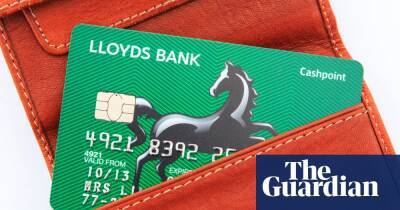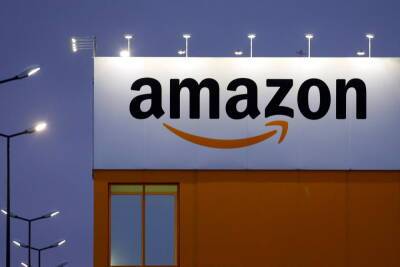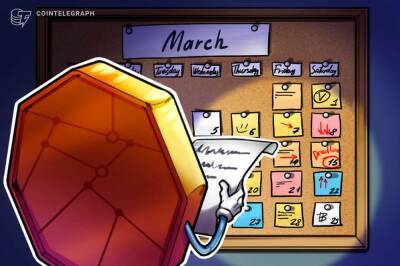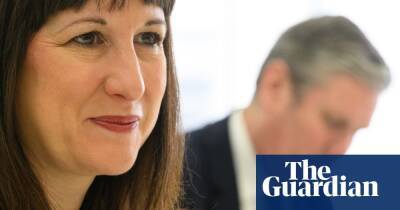Decentralization Debate Heats Up Again as MetaMask, OpenSea Block Users
The crypto community has once again been thrown into a debate about the urgent need for more decentralization after both the non-fungible token (NFT) marketplace OpenSea and Ethereum (ETH) wallet MetaMask recently blocked users based on their geographic location.
The issue that started the discussions this time was that Infura, the US-based blockchain infrastructure provider that MetaMask relies on as a default option for users, without warning blocked users from Venezuela from using the browser-based wallet.
The explanation by Infura about what happened was straightforward enough. According to a tweet from the firm, some configurations were changed as a result of new sanctions being imposed by the US and other countries, claiming that they “mistakenly configured the settings more broadly than they needed to be.”
“Once we determined what happened, we were able to fix the problem, and service has been restored,” the tweet added.
Venezuela is subject to some sanctions from the US, but not to the same extent as countries like Iran, North Korea, Cuba, Syria, and the Ukrainian regions of Crimea, Donetsk, and Luhansk, which Infura has long blocked access from.
MetaMask followed up with its own comment, reminding users in a tweet yesterday that even though using Infura is the default option on its wallet, this setting can be changed “if desired, or in case of any service interruptions.”
MetaMask relies on Infura as the default endpoint, but this setting can be modified by users if desired, or in case of any service interruptions. We sincerely apologize for the interruption to those in inadvertently impacted regions. https://t.co/kUxOr7zBe3
The move by Infura to blacklist certain jurisdictions appears to have come as a surprise to
Read more on cryptonews.com























